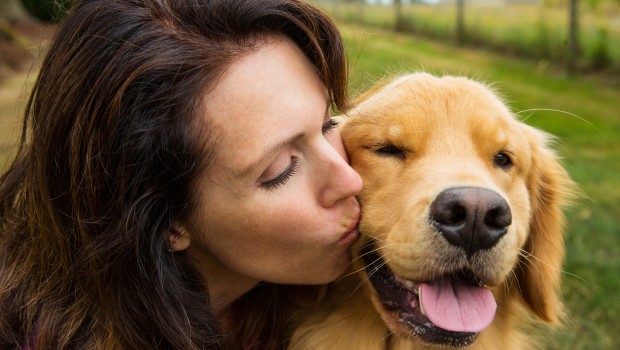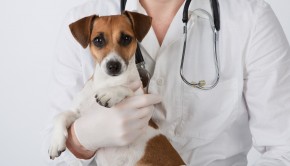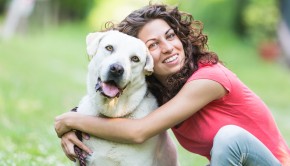Have These 13 First Aid Items Ready For Your Dog
No matter how safe and cautious you are with your dog, accidents are bound to happen. Sometimes no amount of preventive measures can stop dogs from, well – being dogs. Their impetuous nature makes them somewhat vulnerable to getting hurt and injured. That is why it is up to you, his owner, to provide him with the knowledge and tools to keep him alive and well, and to treat him when if he does get hurt.
When an emergency strikes, you have to think fast, act fast, and be ready to tackle it. You should have all of the necessary supplies readily available to you. You need to put together a handy, first-aid kit for your dog that you can easily carry with you in an emergency. Make sure it is well-stocked, and that the whole family, including the pet-sitter, knows where it is. Below is a list of items that should be included in your canine first-aid kit:
1. An index card with your vet’s name and phone number, phone number for emergency clinics for pets, and the number for poison center hotline for pets.
2. A big blanket to cover your dog and/or keep him warm, avoiding hypothermia.
3. A large, strong sheet that you can use to carry your dog, similar to a stretcher.
4. Various sizes of gauze pads to be used as bandages. Make sure that you have long strips that you can wrap around your dog’s different body parts.
5, A muzzle that fits your dog, or cloth strips to be used as a muzzle. Make sure that the strips are long and strong enough to keep the muzzle shut. To be prepared, practice putting on the muzzle or wrapping the cloth strips around your dog’s mouth (just don’t leave it on).
6. Tourniquet kit, which includes: A wooden stick, piece of cloth (in case of a snake bite or heavy bleeding), and a tourniquet rod (for heavy bleeding).
7. Antibiotic cream or ointment.
8. Hydrogen Peroxide to clean wounds or to induce vomiting. Also to induce vomiting: Syrup of Ipecac.
9. Mineral oil for a laxative. Serve as follows: Puppies and dogs under 25 pounds 1 teaspoon; Dogs between 25 and 50 pounds: 1 tablespoon; Dogs over 50 pounds: 2 tablespoons.
10. Antihistamine for use in case of allergic reactions. Consult your vet for the right product to use. Otherwise, Benadryl is good.
11. Thermometer. Your vet will tell you which type is right for your dog.
12. Pliers and tweezers to remove splinters, ticks, and porcupine quills. Also used to remove choking items from your dog.
13. Ice packs and heat packs.






